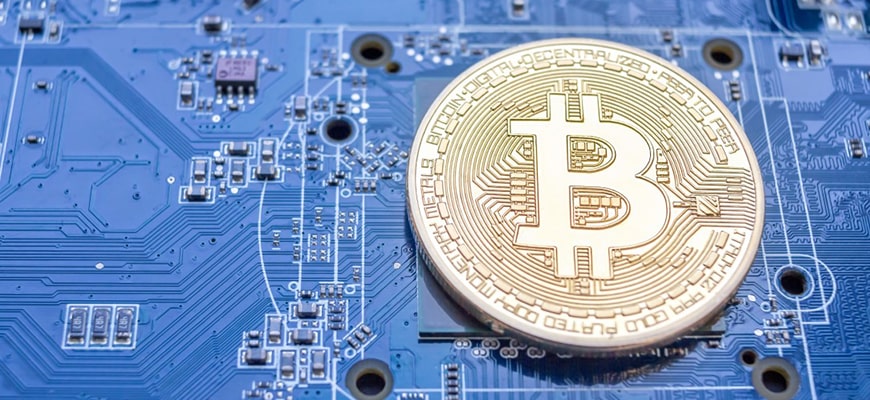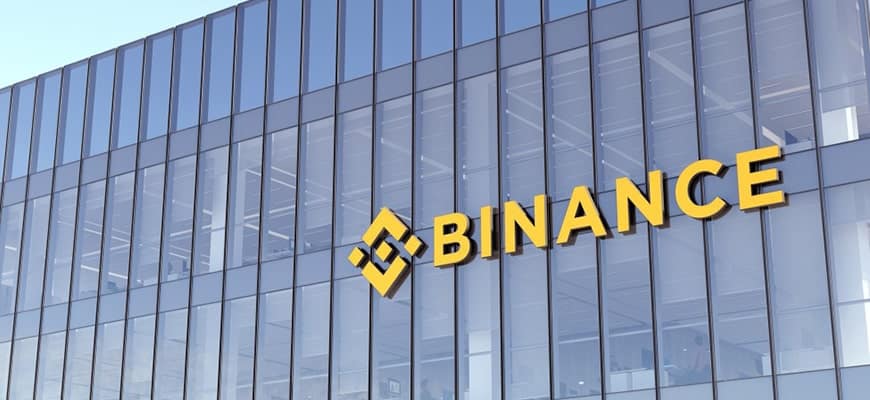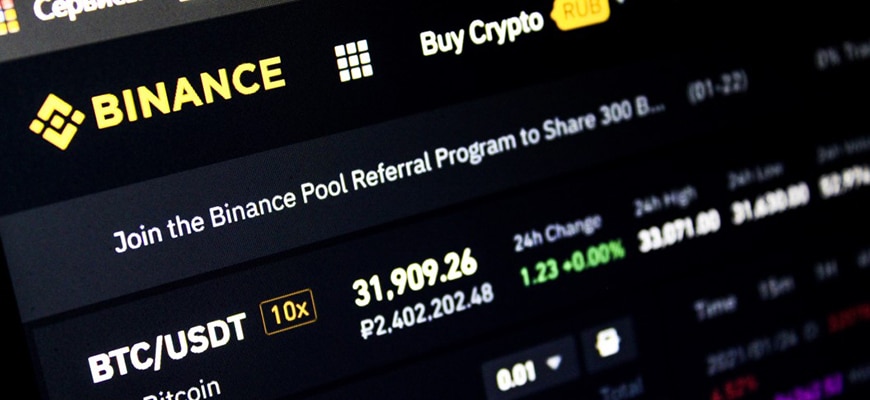Decentralization Ratio (DR) is the ratio of the value of collateral that is decentralized to the total number of stable coins backed by those assets.
What is Decentralization Ratio
In the decentralization ratio (DR) is the ratio of the value of collateral to the total number of assets that are protected by such assets to the total number of stable coins secured by them. The calculation is a function that measures the proportion of an asset’s value that come from decentralized source. For example, it helps to assess the riskiness of an asset. DR DR takes into account all of the underlying collateral components that are inherent in an protocol, not just what is inside its system contracts.
The decentralization of the collateral with excessive off-chain risk (fiat coins, securities and custodial assets – gold, oil) is considered 0% decentralized. Off-chain risks include asset freezing or government intervention and enforced KYC. For example – prohibiting the SEC from transferring USDC to entities that have not passed KYC. This also includes risks associated with the underlying currency underlying these assets, such as U.S. dollar inflation for USDC. In contrast, Ethereum and reward tokens such as CVX and CRV are considered 100% decentralized.
As an example, let’s look at the DR calculation using the FRAX3CRV LP token as an example. FRAX3CRV LP consists of 50% FRAX and 50% 3CRV. FRAX cannot support itself, so this half is not counted. The other half of the 3CRV is 33% USDC, 33% USDT and 33% DAI. USDC, USDT, and DAI consist of 100%, 100%, and 60% fiat coins, respectively. Thus, for every $1 of FRAX3CRV LP token there is about $0.066 ($1 x 0.5 x 0.33 x 0.4) or 6.6% of the value derived from decentralized sources.
Frax Finance’s CTO is Travis Moore, an angel investor, programmer, entrepreneur and CTO of the world’s first fractional algorithmic steblecoin, which is partially secured and stabilized algorithmically. Frax is a truly robust, scalable and stable asset for the future of decentralized finance. Moore is also the co-founder of Everipedia’s blockchain-based knowledge base.








